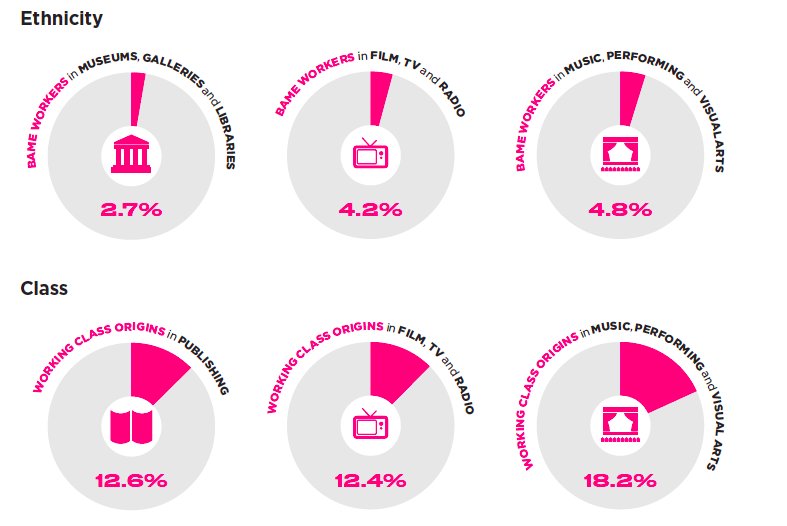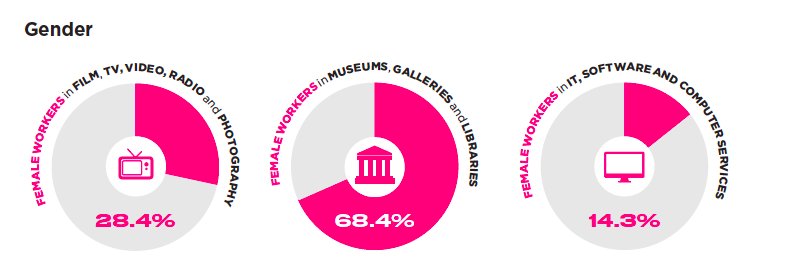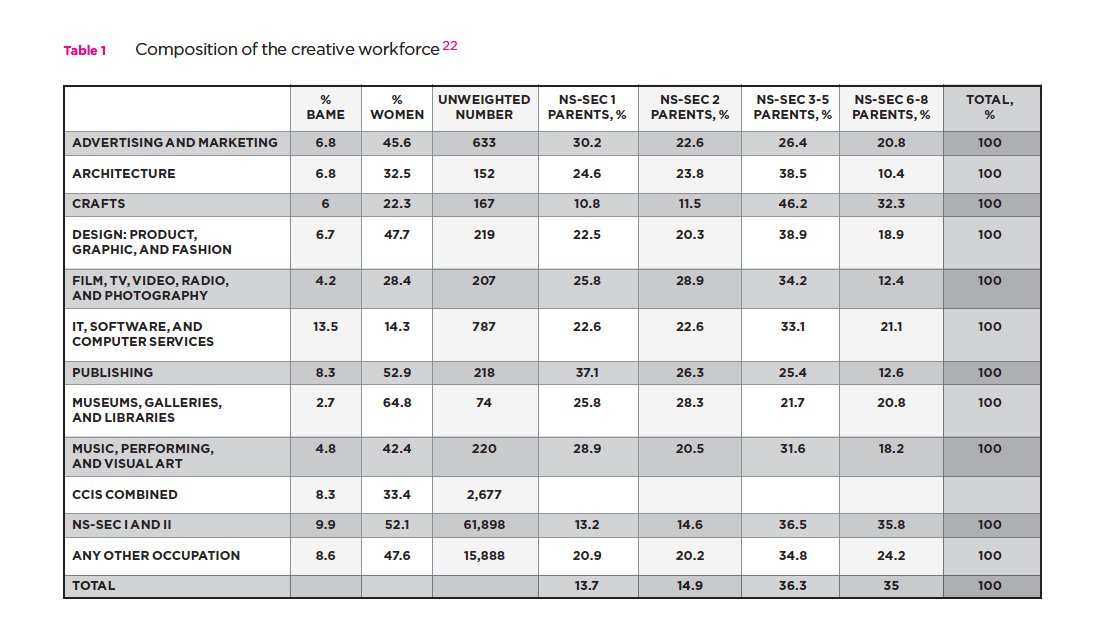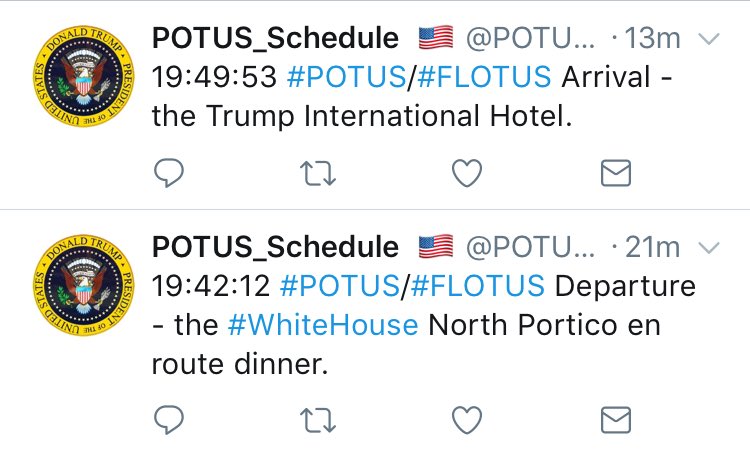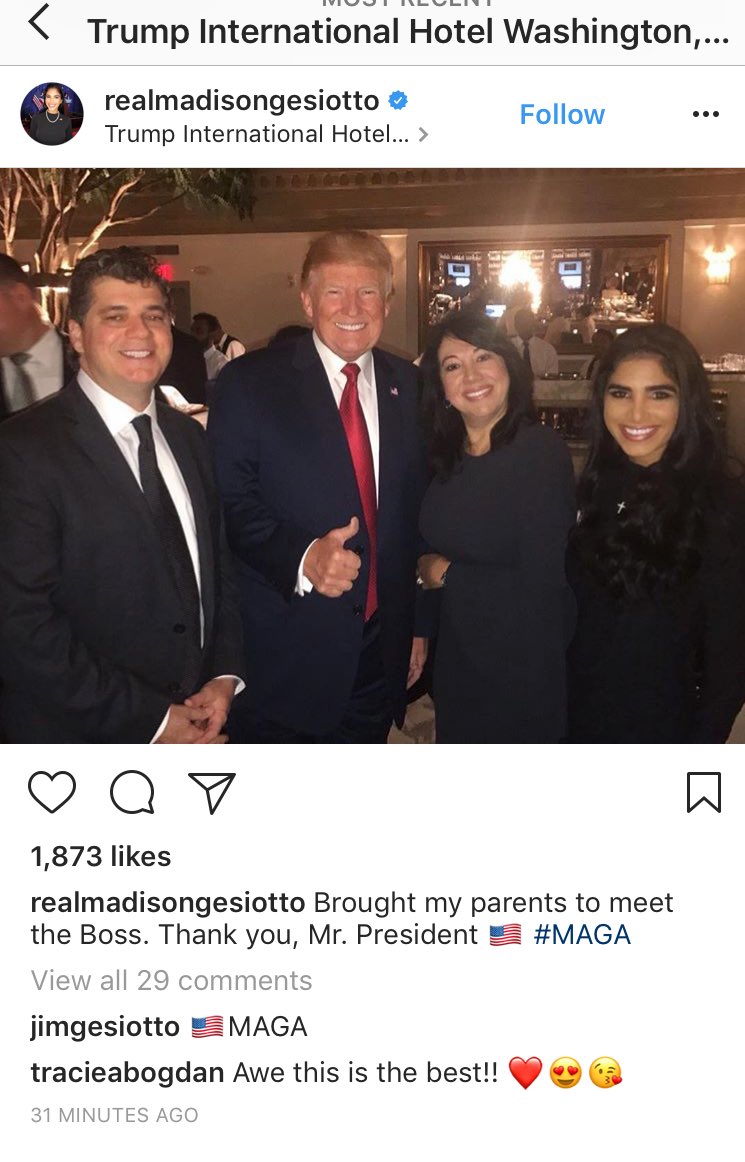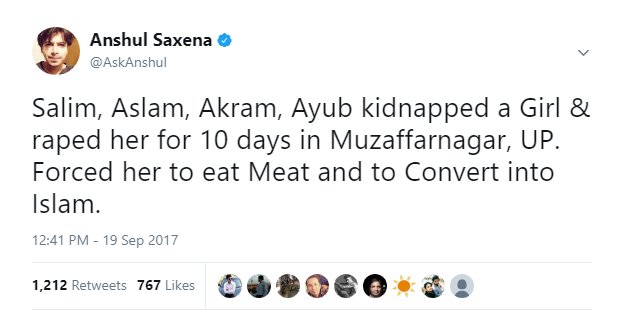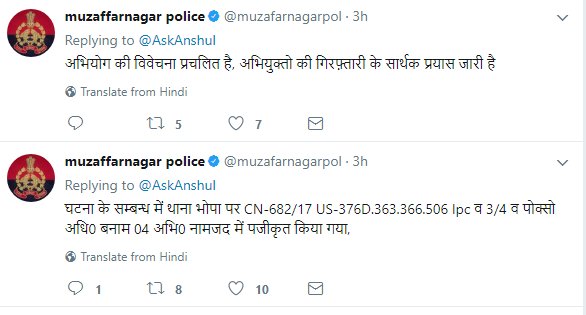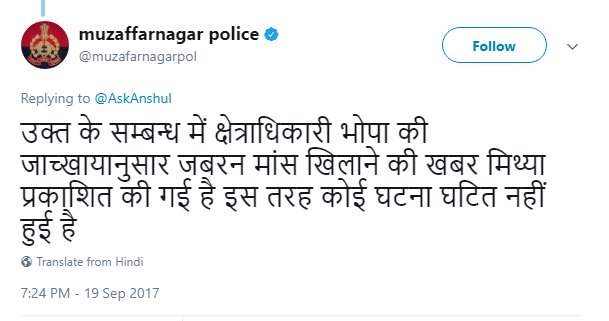One could do worse than starting with this classic --
Lippmann, Walter. 1997. Public Opinion. New Brunswick, N.J., U.S.A: Transaction Publishers.
How about reading @markdeuze (2005). What is journalism? Professional identity and ideology of journalists reconsidered. Journalism, 6(4), 442-464. doi.org/10.1177/146488…
For contemporary overview, we suggest starting w/ @risj_oxford Digital News Report by @nicnewman @dragz @antoniskalog @davidallevy and myself “Reuters Institute Digital News Report 2018.” digitalnewsreport.org
How about some philosophy, focused on the distinction between being trusted and being trustworthy?
O’Neill, Onora. 2002. A Question of Trust. Reith Lectures ; 2002. Cambridge: Cambridge University Press. (Also available at bbc.co.uk/radio4/reith20…)
A key text to understand importance of people's preferences+choices is Markus Prior's (2005) “News vs. Entertainment: How Increasing Media Choice Widens Gaps in Political Knowledge and Turnout.” doi.org/10.1111/j.1540…
This is a huge area! For a short overview, perhaps start with CommGap. 2012. “Media Effects”. World Bank Communication for Governance Accountability Program. siteresources.worldbank.org/EXTGOVACC/Reso…
This piece by @LanceBennett1 is a classic: (1990) “Toward a Theory of Press-State Relations in the United States.” The Journal of Communication 40 (2): 103–27. doi.org/10.1111/j.1460….
A good starting point for a wider discussion is @mlamont6 @ASAnews presidential address (2018). Addressing recognition gaps: Destigmatization and the reduction of inequality. American Sociological Review, 83(3), 419-444. doi.org/10.1177%2F0003…
@suzannehfranks from @cityjournalism provides a great opening overview in her 2013 book "Women and Journalism". London: I.B.Tauris.
Important and tricky area, I've tried to write an accessible overivew in (forthcoming) “The Changing Economic Contexts of Journalism.” In Handbook of Journalism Studies, edited by Thomas Hanitzsch and Karin Wahl-Jorgensen. rasmuskleisnielsen.files.wordpress.com/2018/05/nielse…
@KuengLucy's 2015 book "Innovators in Digital News" (London: Tauris) is immensely useful starting point.
@emilybell and her @TowCenter colleagues have done pioneering work, including their 2017 report. “The Platform Press: How Silicon Valley Reengineered Journalism.” academiccommons.columbia.edu/catalog/ac:15d…
This is very broad but to pick just one starting point, how about @jvdijck
(2013) "The Culture of Connectivity : A Critical History of Social Media." Oxford ; New York: Oxford University Press.
@mschudson2 2008 collection of essays "Why Democracies Need an Unlovable Press" (Cambridge, UK: Polity) - especially the chapter “Six or Seven Things that Journalism can do for Democracy” - is a great place to start
@Joelcpj 2014 book "The New Censorship : Inside the Global Battle for Media Freedom" (New York: Columbia University Press) is a great place to start.
The chapter "Comparing Media Systems” in "Mass Media and Society", edited by James Curran and Michael Gurevitch (4th ed., 215–33. London: Hodder Arnold) provides a short overview over the approach pioneered by Dan Hallin and Paolo Mancini

